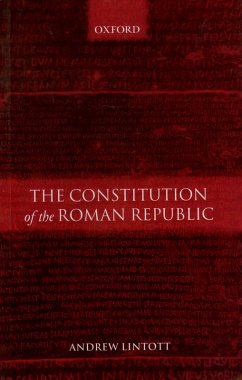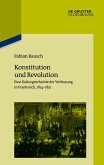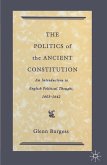There is no other published book in English studying the constitution of the Roman Republic as a whole. Yet the Greek historian Polybius believed that the constitution was a fundamental cause of the exponential growth of Rome's empire. He regarded the Republic as unusual in two respects: first, because it functioned so well despite being a mix of monarchy, oligarchy and democracy; secondly, because the constitution was the product of natural evolution rather than the ideals of a lawgiver. Even if historians now seek more widely for the causes of Rome's rise to power, the importance and influence of her political institutions remains. The reasons for Rome's power are both complex, on account of the mix of elements, and flexible, inasmuch as they were not founded on written statutes but on unwritten traditions reinterpreted by successive generations. Knowledge of Rome's political institutions is essential both for ancient historians and for those who study the contribution of Rome to the republican tradition of political thought from the Middle Ages to the revolutions inspired by the Enlightenment.
Dieser Download kann aus rechtlichen Gründen nur mit Rechnungsadresse in A, B, BG, CY, CZ, D, DK, EW, E, FIN, F, GR, HR, H, IRL, I, LT, L, LR, M, NL, PL, P, R, S, SLO, SK ausgeliefert werden.









